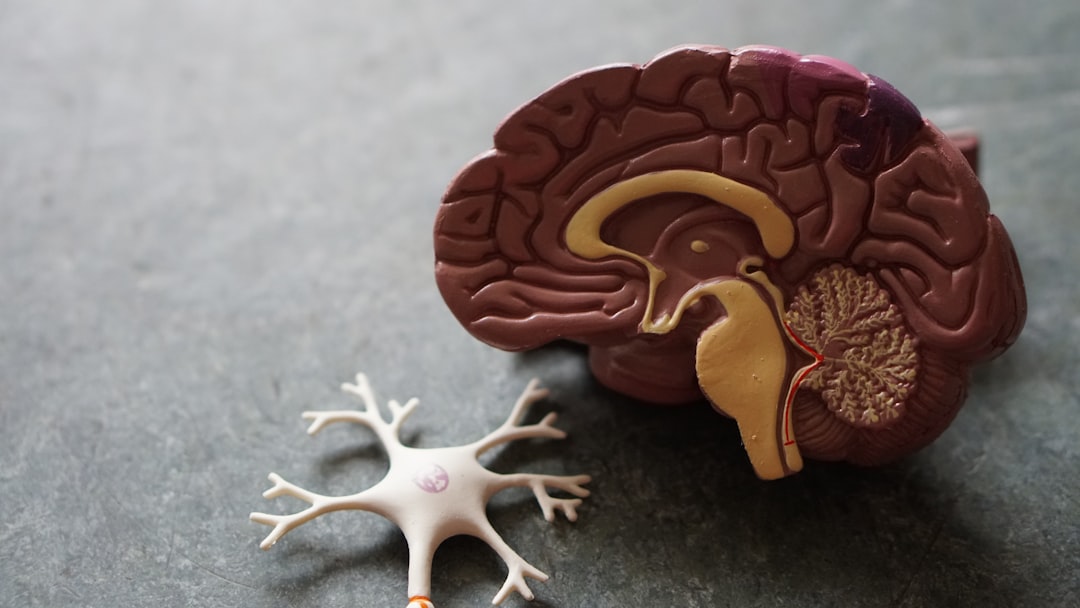What is it about?
It has been argued that bilingual children think differently about the mind. The reason given is that because they control what language they are speaking at all times; bilingual children have more practice controlling their own thoughts. This practice controlling their own thoughts allows them to control thinking about their own perspective, and instead think about the perspective of others. We examined this argument by testing bilingual and monolingual children's understanding of the mind, their ability to control their thoughts, and their language ability. We Found no support for the argument that controlling their thoughts enhances bilinguals's understanding of the mind.
Featured Image
Why is it important?
Our findings demonstrate that we cannot assume that the developmental processes that are present in monolinguals are also present in bilinguals. Based on our findings, an explanation based on monolingual development was not warranted for bilinguals.
Perspectives
Getting this article to publication was not easy task given that our finding go against the prevailing notion in the literature. I am delighted it is out there now challenging assumptions about bilingual development.
Vanessa Diaz
Virginia Polytechnic Institute and State University
Read the Original
This page is a summary of: Do bilingual and monolingual preschoolers acquire false belief understanding similarly? The role of executive functioning and language, First Language, January 2018, SAGE Publications,
DOI: 10.1177/0142723717752741.
You can read the full text:
Contributors
The following have contributed to this page










